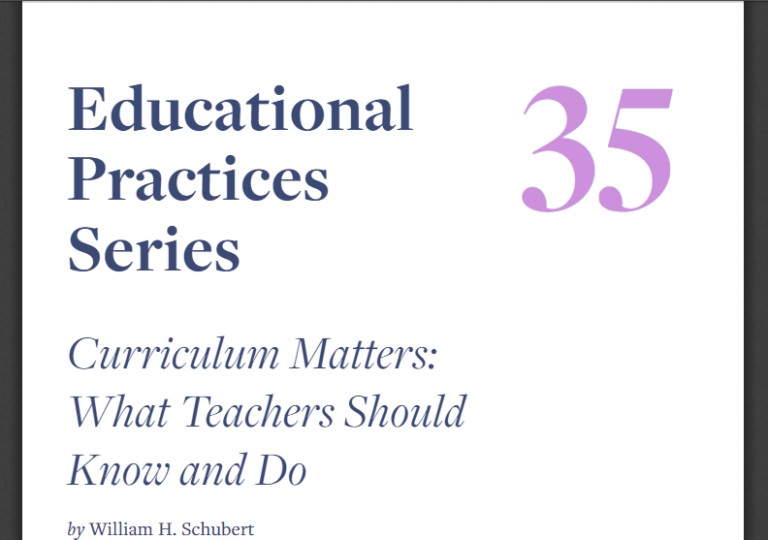By EI SHWE PHYU 04 JAN 2018
The Myanmar Teachers’ Federation has said the draft of the Basic Education Law to be submitted to the Pyidaungsu Hluttaw on January 15 does not mention the role of teachers and has other flaws.
“The Basic Education Council has the most important role in implementing the law but the draft says it will work with top-level policymakers who do not know what’s going on at the ground level,” said U Myat Thiha Tun, the federation’s basic education executive.
The draft says the council will be comprised of the education minister as chairman, representatives of relevant ministries, social affairs ministers from the regions and states, members of the Nay Pyi Taw council, members of the self-administration region, experts, civil society organisation representatives, and others. The directors general of the departments will be its secretaries. The draft does not mention how many people will be on the council.
The draft of the law was published on Tuesday in The Mirror government newspaper, which said suggestions for the draft could be submitted to the Hluttaw office.
“Anyone can send suggestions before the law is adopted by the Pyidaungsu Hluttaw,” said U Khine Mye, Education Ministry spokesperson.
The draft mentions only one spot for teacher representatives, on the basic education curriculum and textbook committee. There are over 300,000 basic education teachers, so they should have representation. If the council does not include teacher representatives, it cannot know about conditions on the ground, said U Myat Thiha Tun. The federation will write to the government and Hluttaw about the draft within two weeks.
U Khine Mye, head of the Basic Education Law Committee and Education Ministry spokesperson, said the draft is perfect because it was reviewed and amended at least 10 times.
“The draft meets international standards and will provide students with 21st century skills,” he said.
Suggestions for the draft were requested from teachers at the Basic Education Development Seminar held in Nay Pyi Taw in December, said U Aung Naing Soe, acting director general of the Basic Education Department.
“The draft will be debated in the Pyidaungsu Hluttaw, but its passage is uncertain. There are other laws on education but the basic law is the most important because it serves as a starting point for other laws,” said U Tin Aung, chairman of the Pyithu Hluttaw Education Promotion Committee.
The Basic Education Law, which was drafted by officials from the Basic Education Department and retired educators, has 12 chapters and 56 sections. If adopted, it will replace the 1973 Basic Education Law.
There have been no new education laws since the National Education Law was enacted in September 2014 and amended in June 2015.



